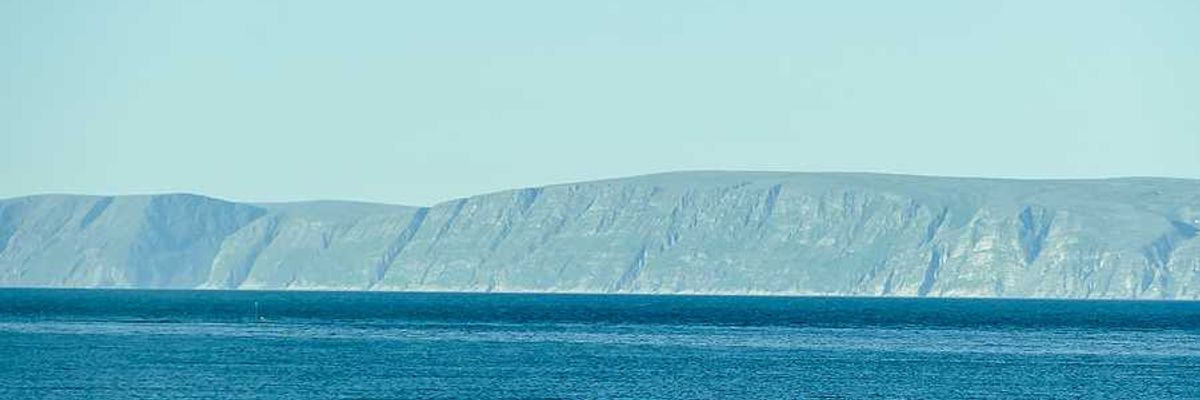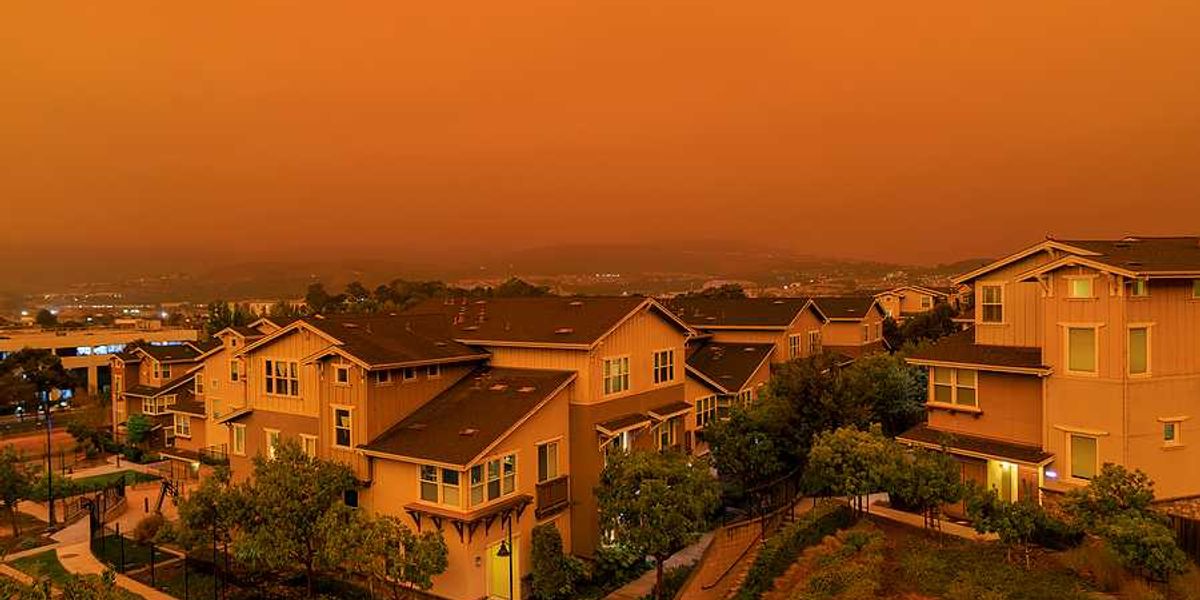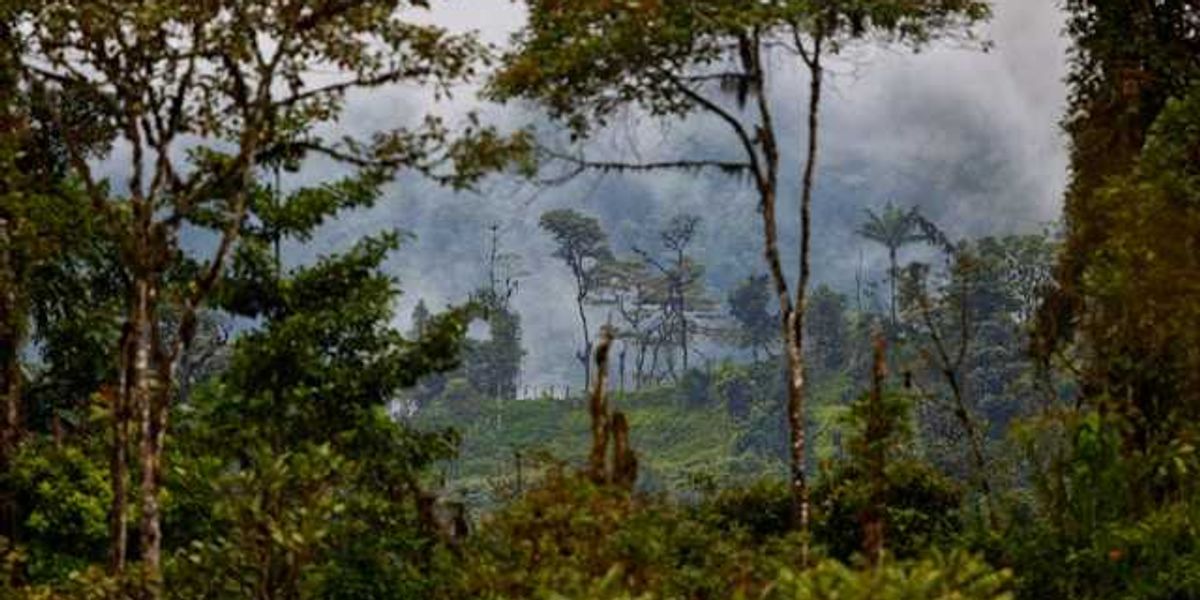cattle feed
Hay consumption strains Colorado River's water supply
In a revealing study, researchers pinpoint cattle-feed crops like alfalfa as major consumers of Colorado River's water, stirring debates on water use efficiency and sustainability.
In short:
- Cattle-feed crops, primarily alfalfa, account for 46% of the water diverted from the Colorado River, emphasizing agriculture's heavy water usage.
- The study offers a comprehensive look at water distribution across the Western U.S. and Mexico, aiming to guide future water conservation efforts.
- Agriculture's significant share of water use, compared to urban demands, highlights the urgent need for strategic crop management and conservation initiatives.
Key quote:
“It’s important to understand where all of the water goes. This is the first complete and detailed accounting.”
— Brian Richter, lead researcher
Why this matters:
Alfalfa, known for its high water needs, is a key crop in the agricultural profile of states like Arizona and California, both of which rely heavily on the Colorado River for irrigation. The crop's cultivation consumes more water than any other in California, and it's a major user in Arizona as well, states that are already facing water allocation challenges due to the river's overextension.









